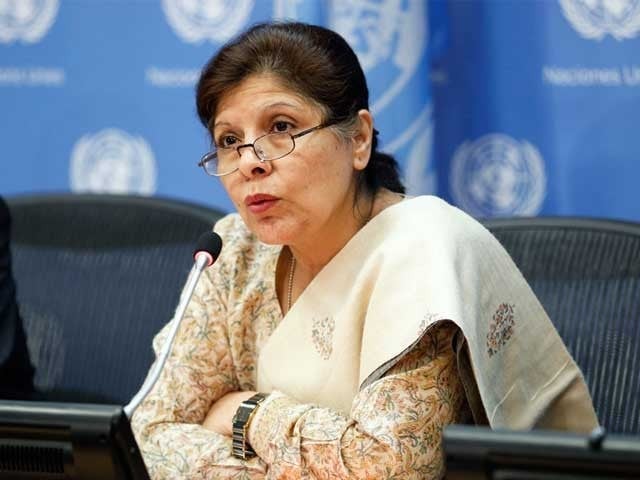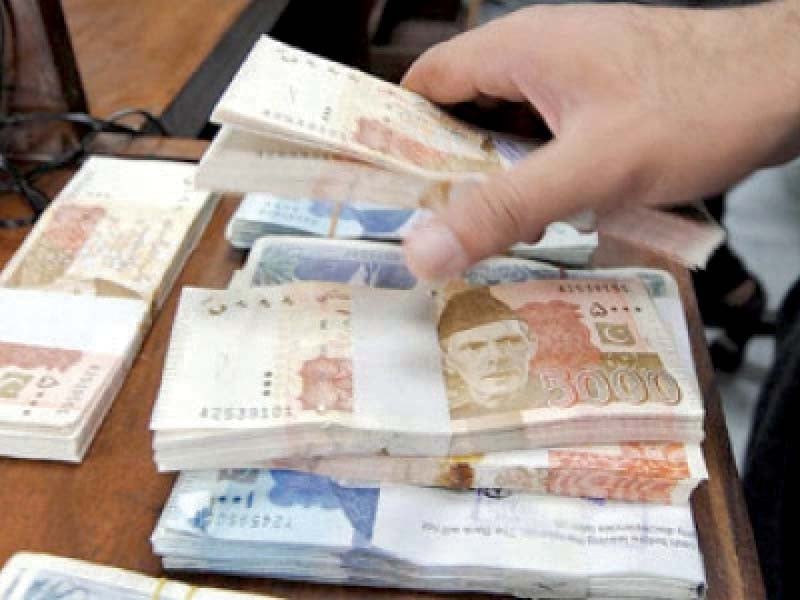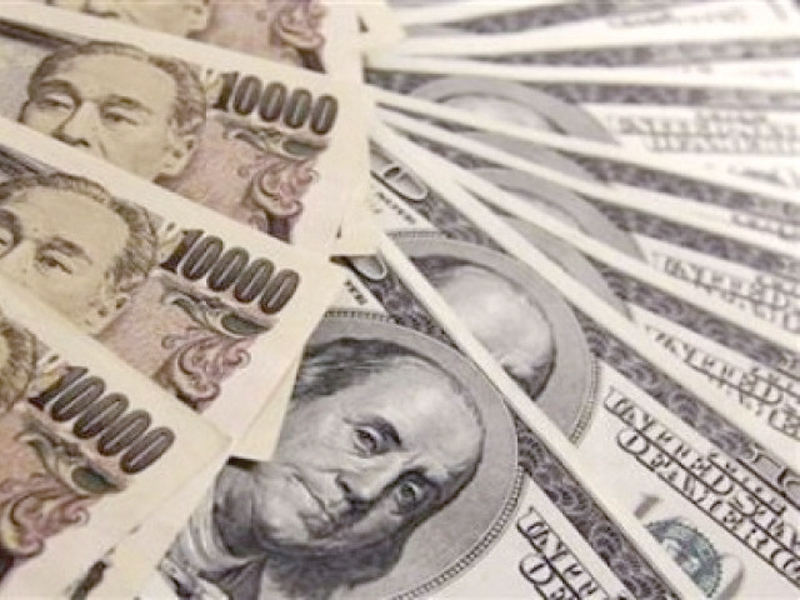- Copy to clipboard
- Moderator
- #1
- Jan 25, 2024
- 111,139
- 589
- Origin

- Residence

Follow along with the video below to see how to install our site as a web app on your home screen.

Note: this_feature_currently_requires_accessing_site_using_safari

















